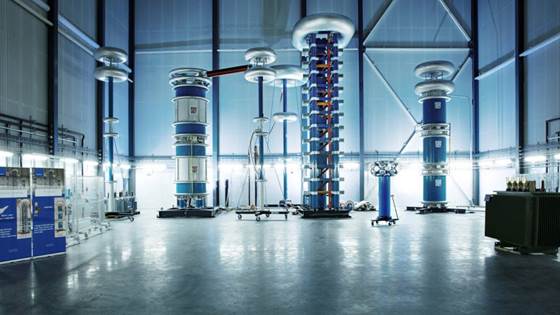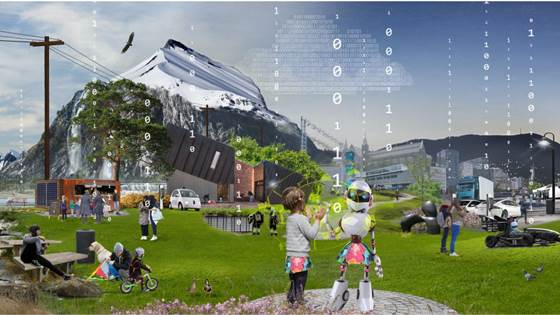
SINTEF Energy Lab
– a vital tool for energy research in Norway

The Gemini centre for hydropower optimization will strengthen academic and industrial competencies by facilitating use and development of methods and models used in hydropower scheduling. The centre will reinforce the successful collaboration between SINTEF and NTNU in education and research related to hydropower optimization.
The participating groups from SINTEF and NTNU already have established cooperation though various KPN and FMEs such as Hydrocen, as well as joint education and supervision of master and PhD students. This collaboration will be strengthened and formalized through the Gemini centre.
The centre will give increased national and international visibility of the joint competences of the participating groups, as well as increased research activity and opportunities for hosting workshops and conferences.
The main objective of the centre is to maintain and strengthen the professional competence for planning and operation of hydropower. This will be done by formalizing collaboration between the professional groups, highlighting R&D challenges and expertise, as well as providing a basis for strengthened efforts for research in hydropower optimization.
Participants in the centre:
Read more on: SINTEFs research on Hydropower - FME Hydrocen

– a vital tool for energy research in Norway

NTNU and SINTEF have built a new National Smart Grid Laboratory in Trondheim with funding from the Research Council of Norway in cooperation with the Artic University of Norway and Smart Innovation Østfold.



